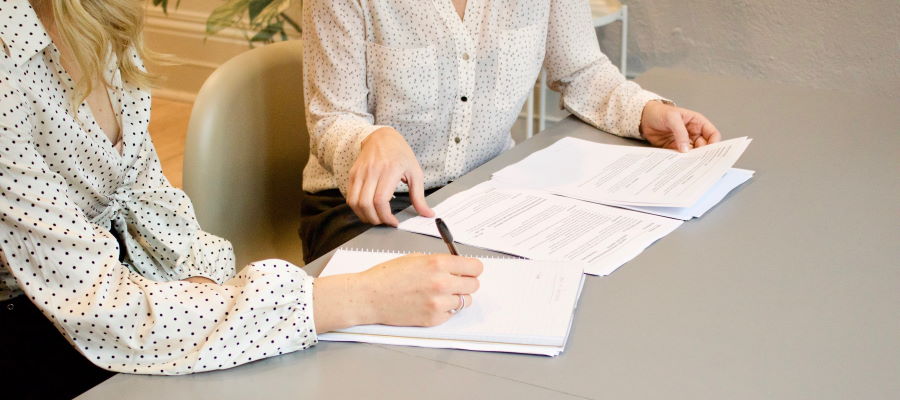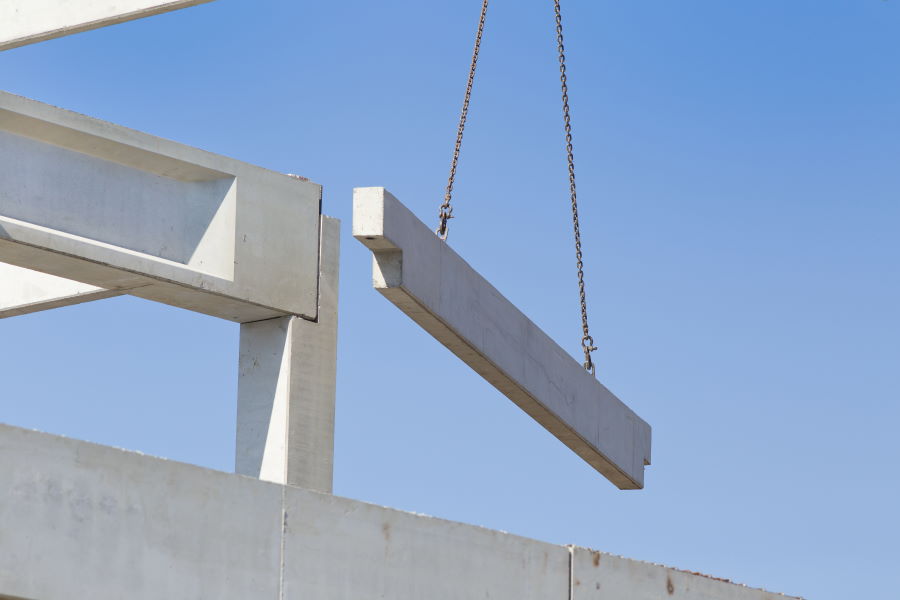A great tender opportunity has just landed in your inbox but your first reaction is “Help!” You can see you’re going to need to line up a good team for a successful outcome on this one, but your people are already maxed out working on other tenders.
Fortunately, there is a solution, and in this article, we’re going to discuss the world of tender support services – what they are, how they can help you through the tender process and how to get the best out of each of them.
By the end, you will be able to assess which services are the best fit for the tender you want to bid for, and that help you submit a winning tender response, on-time and stress-free.
What is tender support?
Tender support is a range of outsourced professional services designed to help your bid team win a tender. It can include the planning and research phases, bid writing, submission evaluation, and the presentation of your tender response to your client, as they best suit your company’s needs.
1) Tender response consultant

A tender response evaluation consultant will help you identify opportunities and gauge your company’s chances of winning a particular tender.
They will work with your bid team to analyse the tender criteria and assess your company’s proof of claims alongside those criteria.
Thanks Matt – been extremely useful having your contribution on the team as you bring something that no other internal reviewer does. Submission about to go in the box in the next hour so I’m almost ready to crack open a beer!
Tender Response Evaluation client, Sydney
This tender support service helps your company to invest your time and money on tenders that you can most likely win.
If you do decide to put in a tender response, your consultant will provide a detailed strategy template of how your company will need to meet each of the tender criteria. This is a really useful document that helps keep your bid team on track as they work on the tender response.
2) Tender bid writer
A tender bid writer is someone who can communicate your tender strategy and ideas in writing and align your company’s competencies to the tender criteria. At the same time, they coordinate all the information needed to write the tender responses.
There are some good writers and some not so good writers, so here are a couple of pitfalls to avoid when hiring one so that you don’t make a tight timeframe even worse for yourself!
How to spot a good tender bid writer
You’ll want a bid writer who works autonomously: if you get a writer who continually wants you to check what they have written, you won’t get the time-saving benefit that you were hoping for. Instead, a bid writer who works autonomously will write their drafts by themselves, calling your Subject Matter Experts when required to clarify facts, and submitting their draft responses to your pre-submission evaluation reviews.
You’ll want a bid writer who understands (or who quickly self-educates themselves) the major terms and acronyms in your industry, the type of services that the tender is asking for (eg. construction, maintenance, procurement of products and services, program vs project management etc), and the type of tender response (eg. Expression of Interest; Request For Quotation; Request For Tender).
You’ll also want to check their writing progress regularly: a 15-minute review with them at close-of-business every day will enable you to identify a problem with the writing of any particular response section and deal with it quickly.
Other common problems with bid writers are:
- Spending too much time writing one section at the expense of writing all the required sections;
- Not escalating to you when they don’t get the information from your Subject Matter Experts in a timely manner;
- Not meeting your writing deadlines.
If any of these issues sound painfully familiar, let us know and we can help you find one of the good ones!
3) Tender submission consultant

One of the biggest challenges in tender responses is quality control. It is hard for your bid team to self-evaluate their own tender responses.
This applies to your senior managers/executives as well – because you can’t ever be as objective as your client’s evaluators: your team knows your company’s track record and what your company is offering.
However, many companies make the mistake of accidentally assuming that your client’s evaluators also know that. Your client’s evaluators are super-objective: they will only evaluate what is on the pages of your tender response.
You will want to have your proposal evaluated against the tender criteria, at least 3 times during the response time frame and prior to its submission so that you maximise your likelihood of winning the tender. This service is known as tender evaluation.
- First review: the half- to one-page first draft responses broadly describing what the bid writers or subject experts will write to answer the tender criteria for each question and section (paying particular attention to compliance and competitive differentiation.)
- Second review: responses that are nearly complete in terms of the tender writing; graphics can still be place-holder images, sketches etc.
- Third review: your final draft responses that are complete in terms of writing and graphics.
How to spot a good tender evaluator
As with the tender bid writer above, there are potential pitfalls to look out for here too:
- You will want an evaluator who has many years of experience across a range of industries because you really need an expert who will quickly read a huge number of pages, identify the most important things that need to be fixed against the tender criteria. Then provide specific written guidance on what to fix and how to fix it so that you maximise your likely evaluation scores.
- You will want a tender evaluator who has satisfied testimonials from their clients: in other words, you’ll want a tender evaluator who is personable and customer focussed as well as technically good.
- You will also want a tender evaluator who comes from a coaching background so that they are very skilled at providing feedback and suggestions in positive ways. This is particularly important because bid writers and subject matter experts can be a little defensive when someone evaluates their work. You don’t want the tender evaluator’s good ideas being ignored by your bid writer!
As you can see, there are many things that can be missed, so our recommendation is to call in a tender evaluator to read the completed tender responses against the tender criteria, giving you specific, actionable guidance on what to change to maximise your evaluation scores.
4) Tender submission graphics
It’s important to remember your client’s evaluators may be reading anywhere from 3 to 15 (or more) tender responses, which themselves may extend to a thousand pages. That’s 15000 pages they need to read, so your submission needs to stand out!
Making your tender response highly readable, and in particular, skim-readable and memorable, is a critical success factor in winning tenders.
Using graphics in your tender to reduce the amount of text but still position your offerings competitively is a smart way of doing this. For this, you will need a graphic designer, preferably someone who specialises in tenders.
Remember, you are not looking for “super pretty graphics”, but you are looking for “super-effective graphics” that quickly and accurately convey a message to reduce the amount of text.
5) Tender presentation coach

If your tender has been successful and your company has been short-listed, in most instances, the next step is for your team to present to your client’s evaluators.
Often, the purpose behind the presentation stage of the tender, is your client’s evaluators need to:
- Clarify aspects of your tender response; and/or
- Evaluate how well your team will work with your client’s key contacts like Project Directors, Operational and Technical Leads, and senior executives.
This is where a tender presentation coach can support your team to perfect your presentation. The coach will work with you to find out why your client wants further information about the above specific points and help put together your presentation.
Once the presentation has been finalised, they will then coach each of your presenters in the delivery of their part in the presentation. A good coach will also play devil’s advocate to ensure no one is thrown by tricky questions or statements and that the presentation doesn’t raise more concerns for the client’s evaluators.
Summary
We know what a time consuming and resource-intensive task the tender process can be, but that shouldn’t stop you from putting together the best response and presentation you can.
If your team is already stretched and you need help winning that bid, we can provide a range of tender support services – just when you need it the most. Contact us today.

